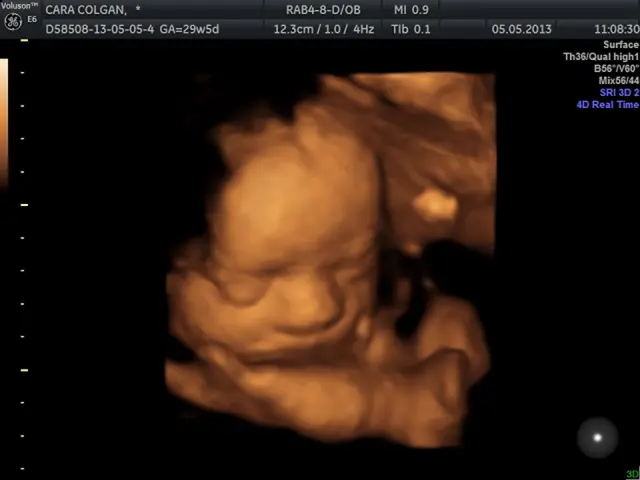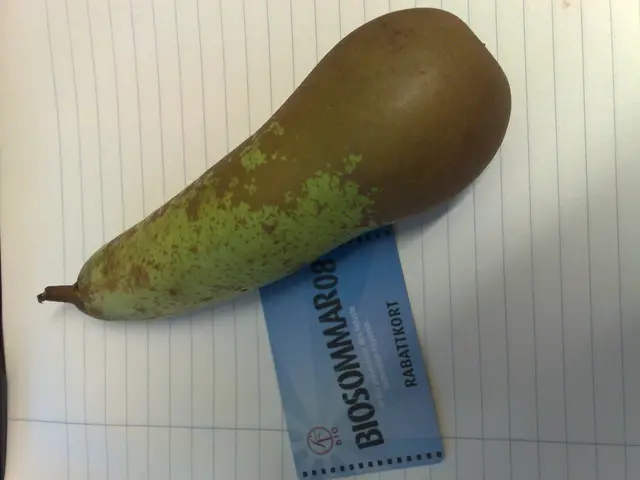High-Speed Data Intake by Brain: Astonishing 1 Billion Bits Per Second, Yet Only 10 Bits Processed Simultaneously
In the grand scheme of things, your mind processes an infinitesimal fraction of the information it's bombarded with every second – a whopping ten bits per second! That's the essence of a groundbreaking study published in Neuron, opening up the question: just how does our brain cherry-pick such a small portion of the world's intricate tapestry?
The study, led by neuroscientists Jieyu Zheng and Markus Meister from Caltech, investigated how long it takes us to conquer cognitive tasks like solving a Rubik's cube or recalling an entire deck of cards. Even master-level memory champions couldn't surpass this shockingly slow pace.
But why does our brain choose to shut out such a colossal amount of data? Is this a necessary trade-off or a restriction left over from our evolutionary past?
This study suggests that our brain operates through two distinct layers:
- The outer brain – the sensory concierge that welcomes every sight, sound, and touch we experience.
- The inner brain – the selective committee that wades through this sensory flood, picking out only a minuscule portion to process.
This division helps us understand why we can't juggle multiple conversations at a noisy gathering or focus on two complex tasks simultaneously. Our brain, it seems, is hardwired to prioritize survival-boosting information, like spotting a predator, over trivial matters.
The slow processing rate may appear puzzling. After all, our brains are teeming with billions of neurons, each capable of rapid-fire action. But this research implies that our ancient cerebral ancestors, who had to make decisions as simple as moving towards food or fleeing from danger, didn't require a multitasking brain. That constraint remained, even as human cognition progressed.
To be sure, we can react to stimuli within milliseconds – like when you reflexively pull your hand away from a hot stove. But conscious thought, the sort required for problem-solving, planning, and abstract reasoning, happens at a much slower pace. And this scarcity in processing power may well be the reason why we struggle with multitasking, despite the demands of the modern age.
This study reveals fundamental implications across multiple fields:
- Artificial Intelligence boasts processing speeds far surpassing human brains. As machines optimize decision-making at higher speeds, the future of human-computer interaction could drastically change.
- Neuroscientific research might explore ways to enhance our processing efficiency, helping us potentially "upgrade" our cognitive bottleneck.
- Mental performance training, instead of focusing solely on improving memory or reaction times, could shift towards optimizing which ten bits we prioritize, therefore enhancing decision-making under pressure.
The future holds many questions about how our brains choose what to focus on and whether we can train them to process more data. Future research will delve into brain activity during real-world scenarios, such as driving a car or playing an instrument, to better understand attention shifts and the potential for training our brain to work faster. One thing is clear: our brains may be incredibly complex, but they're ultimately slow-thinkers. And perhaps, just perhaps, that's no flaw – but a feature.
In light of this study, the importance of mental health in managing our emotional and cognitive capacities becomes even more pronounced, as we grapple with the human brain's limited ability to process vast amounts of data. Science and health-and-wellness research may interact synergistically, with mental health professionals exploring strategies to optimize our selective processing for improved decision-making and pressure management in various aspects of life.








